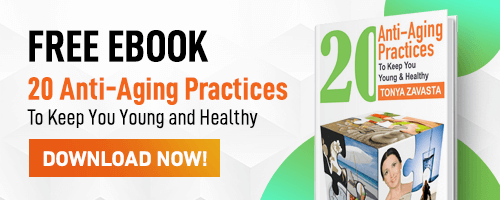Vegetarian Diet...How Do I Get Enough Protein?
But how do you get enough protein?...That’s a standard first question every new vegetarian gets when he or she comes out of the closet. Often as not, it comes from someone wrapping himself around a double cheeseburger or a T-bone with all the trimmings. From someone, that is, who presumes his diet is the normal, proper one, with just the right amount of protein, which of course mainly comes from meat.
Truth be known, most people consume altogether too much protein, and often proteins of quite the wrong kinds. It’s even entirely possible as a vegetarian to be too high in protein. A high protein vegetarian diet is not necessarily what we should strive for.
Get the Right Protein
If there’s an issue here for vegetarians, it’s getting the right kind of vegetarian protein. The “complete protein”—the protein source offering all the essential amino acids—is the sort we want whenever possible. Grains, beans, lentils, barley, soy and chickpeas are all high protein vegetarian foods. The champ among vegetarian sources of protein may be the grain quinoa, at 18 grams of protein per cup, and nine grams of fiber.
Go Nuts!
Nuts of all kinds, and seeds such as sesame seeds and sunflower seeds, are also good vegetarian protein sources. Most people consume these roasted, though raw foods aficionados naturally prefer them in raw, soaked form. Those still cooking can certainly escape the meat department and head to frozen foods to pick out some soy-based veggie burgers. Eventually, though, if you are seeking relentlessly to improve your diets, and as a result your health, you will come to prefer natural, whole sources of vegetarian protein. Lacto-ovo vegetarians may opt for eggs and milk, of course, both of which if you are vegan you will avoid. These aren’t unproblematic sources of protein, mind you, and do introduce some toxins. Even if you do include some milk and eggs, it would be great if you allow some well-chosen vegetables to haul most of the weight of your protein needs.
Be Creative
Creativity goes a long way, too. For example, even many vegetarians miss the opportunities for densely packed vitamins, minerals and proteins found in many sprouts—especially the sprouts of grains and beans. These likely offer the best protein for vegetarians. Even fruits offer their share—avocados, for example, are particularly protein rich vegetarian foods. Look for high protein vegetarian recipes if you are concerned you are not getting enough protein.
It’s pure myth that a vegetarian diet won’t give you enough protein—the fiction of a culture that’s come to see a carcass as the essential centerpiece of every meal. The truth: For vitamins, minerals, and proteins, your best centerpiece is a good grouping of vegetables and fruits, as near to their freshest, most natural state as you are willing to consume them at this stage in your health journey.
